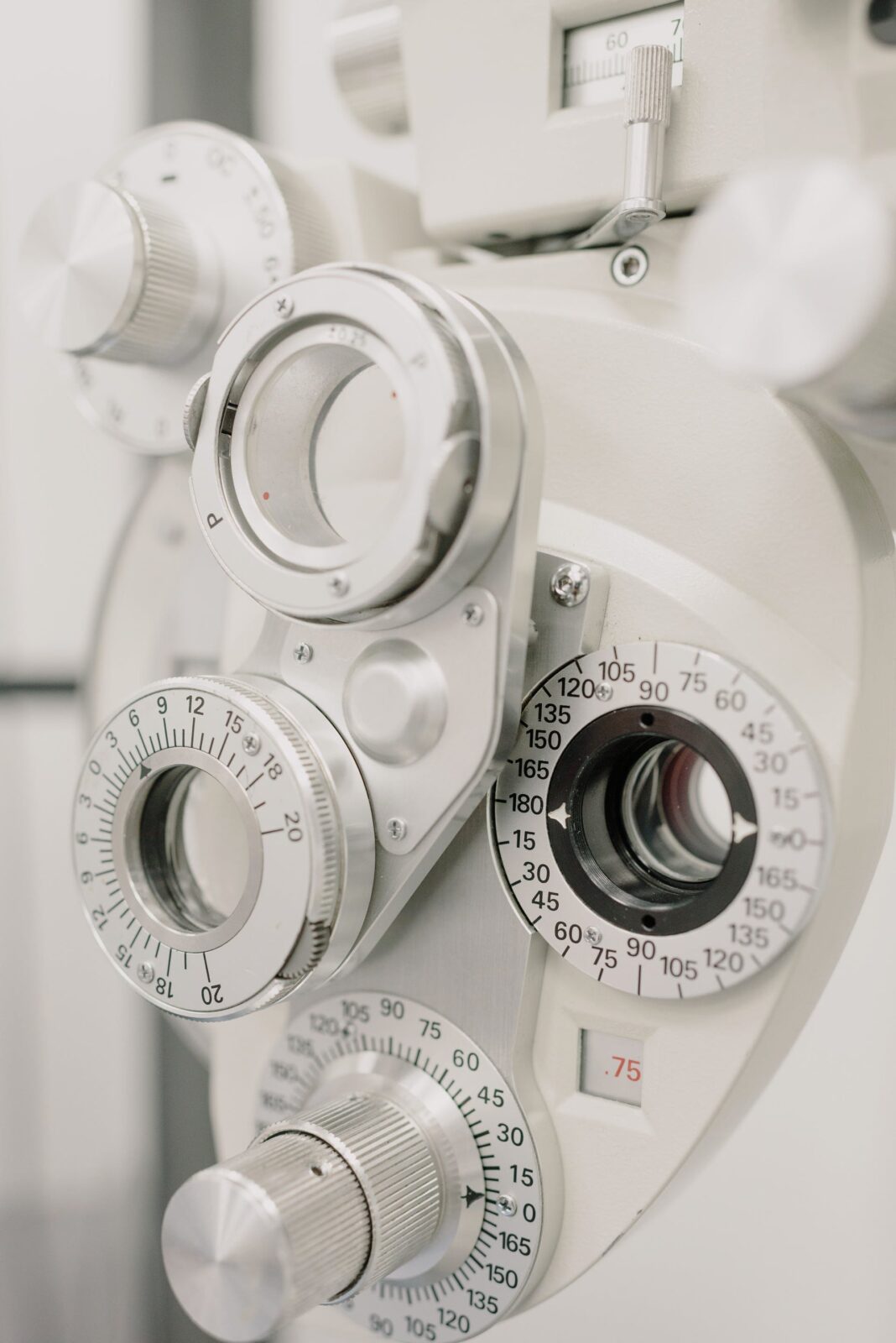If you wear glasses or contact lenses, you’ve probably experienced some of the frustrations that come from being dependent on eyewear for clearer vision. As you wipe your glasses off for the hundredth time, or feel your contact lens become displaced, you wonder if there is a better way. If you’d like to be free of glasses or contacts, you may consider LASIK eye surgery. But, how can you know if you’re a strong candidate for LASIK? Here are some of the criteria that make for a good LASIK candidate.
You need healthy eyes
Beyond the obvious desire for clearer vision, your eyes should be generally healthy in order to qualify for laser eye surgery. As an example, if you have an eye infection, severe dry eyes, or conjunctivitis (pink eye), you won’t be able to have the procedure until your eyes have healed.
If you have any chronic dry eye issues, be sure to discuss them with your regular eye doctor and/or LASIK specialist. He or she may be able to help treat your dry eye and get your eyes healthy enough for LASIK.
Your prescription must be within a certain range
While LASIK can be used to correct many vision problems, to achieve the best results, your prescription should not be too high (whether you are nearsighted, farsighted, or suffer from astigmatism).
In general, the excimer lasers used during LASIK are FDA-approved to correct prescriptions of up to approximately +6.00 diopters of farsightedness, -12 diopters of nearsightedness, and 6.00 diopters of astigmatism.i Keep in mind that these qualifying prescription parameters may be differ pending your own unique patient profile, surgical method and the evaluation findings from your eye doctors and LASIK specialist

You must be a certain age
To undergo laser eye surgery, you must be a minimum of 18 years old. However, most LASIK patients are not younger than their early 20’s. The younger you are, the more likely that your eyes are continuing to change and evolve. There is also no upper age limit for LASIK, and many adults are happy with their LASIK results in their 40’s and beyond. Keep in mind, though, that an older patient might still need glasses or contacts for certain activities (such as reading).
Your current prescription should be stable
A good LASIK candidate should have a prescription that has remained the same or very similar for at least one year. If you find your distance prescription consistently changes at each annual eye exam, LASIK might not be the best option until your prescription stabilizes. When you have laser eye surgery, your LASIK surgeon is correcting your vision according to your prescription at that time. This means that, even though you’ve had LASIK, if your eyes continue to change year to year, you’re more likely to need a LASIK enhancement down the line. This is another reason why younger candidates, whose eyes are more likely to change, may want to wait on LASIK.
You should be in good general health
It’s not only important for your eyes to be healthy, but your body as well. If you have any illnesses or disorders that would prevent your body from healing, it’s important to discuss laser eye surgery with your doctor, and to let your LASIK specialist know.
If you have any of the following conditions, you may not be a good candidate for LASIK:
- Autoimmune diseases (HIV/AIDS, Lupus, etc.)
- Diabetes
- Rheumatoid arthritis
- Depression
- Chronic pain conditions, such as IBS, fibromyalgia, or migrainesii
You should not be pregnant
When pregnant, your body is undergoing a lot of hormonal changes, which may affect your vision by temporarily changing your prescription. For this reason, you should not be evaluated for a LASIK procedure until you are no longer pregnant. Nursing patients can consult with a LASIK specialist to assess their individual circumstances and determine whether the procedure is a suitable option. If your LASIK evaluation occurs right after pregnancy, pending the evaluation findings, your eye doctor or LASIK specialist may recommend giving your eyes a few months to return to their normal baseline.
Your corneas must have the appropriate thickness
You may be surprised to learn that the level of thickness in your corneas is another factor in your candidacy for LASIK eye surgery. The LASIK procedure works to improve vision by reshaping the cornea. If your cornea is too thin, it may not be possible to get the results you want. The good news is that, in recent years, the advancement in lasers used for LASIK allow for patients with thinner corneas to undergo LASIK surgery. For most patients, the average cornea tissue is 540 to 550 microns thickiii.
You’ve researched and prepared
What’s the final step to be considered a good candidate for LASIK eye surgery? Doing your research and being prepared! If you research LASIK, talk to your eye doctor, and see a LASIK specialist with a list of questions, you will be well on your way to finding out if LASIK is a fit for you.
If you’d like to discuss your options and find out if you are a candidate for LASIK, schedule a free consultation at a location near you.
[i] FDA. (2016). Summary of safety and effectiveness data. Retrieved from https://www.accessdata.fda.gov/cdrh_docs/pdf2/P020050S023B.pdf
[ii] FDA. (2006). Summary of safety and effectiveness data. Retrieved from https://www.accessdata.fda.gov/cdrh_docs/pdf3/P030008S004B.pdf
iii Mayo Clinic. (2019). Lasik surgery: Is it right for you? Mayoclinic.org. Retrieved from https://www.mayoclinic.org/tests-procedures/lasik-eye-surgery/in-depth/lasik-surgery/art-20045751
